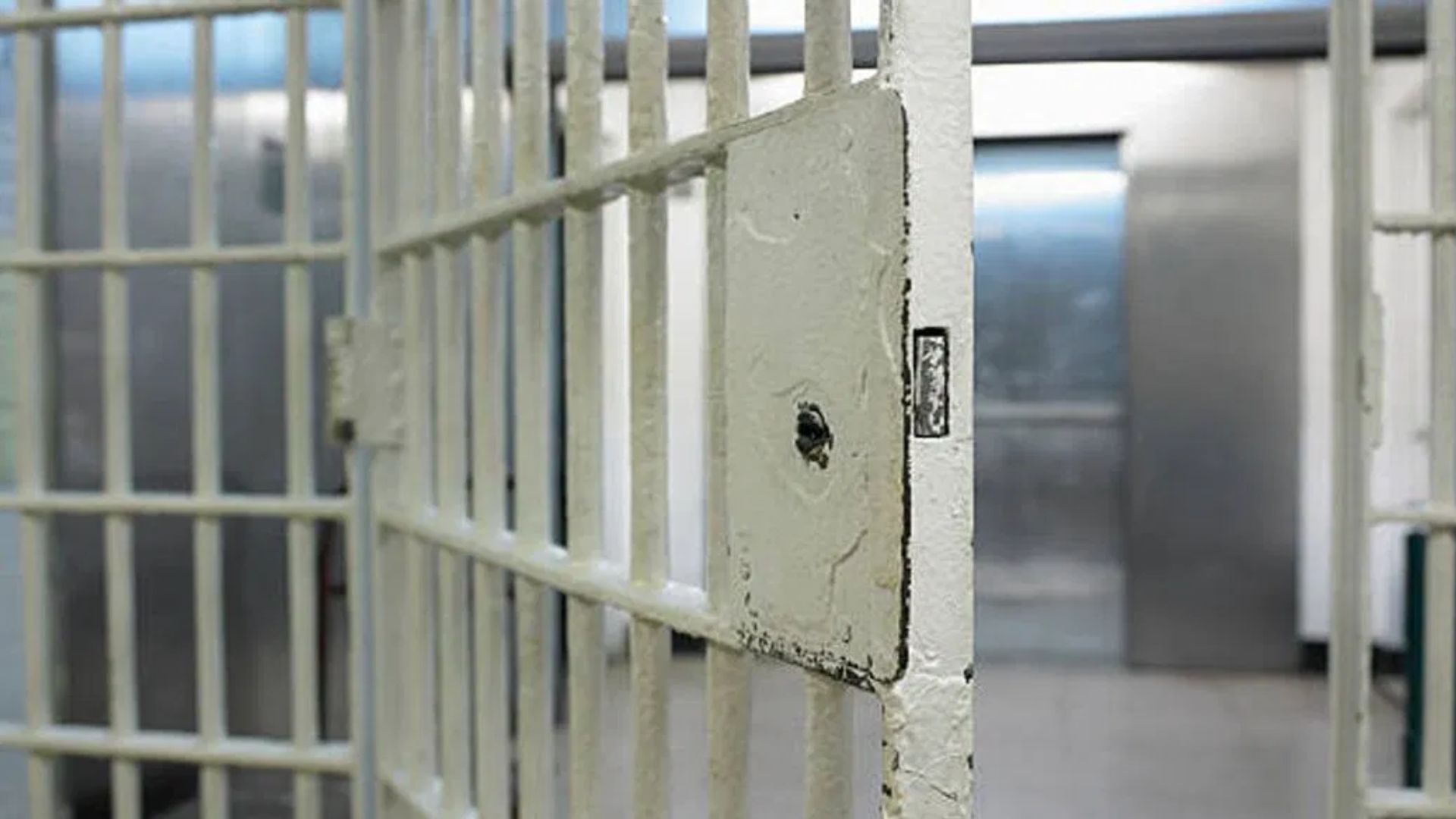Little Rock, Arkansas – A Mexican citizen has been sentenced to 10 years in federal prison after pleading guilty to charges related to methamphetamine distribution and money laundering. Jesus Ignacio Medina-Leyva, 29, from Culiacan, Mexico, was sentenced on Thursday by U.S. District Judge Brian S. Miller in Little Rock, Arkansas. Medina-Leyva’s sentence follows his guilty plea on April 10, 2025, for conspiracy to distribute over 50 grams of methamphetamine and conspiracy to commit money laundering.
The case against Medina-Leyva began in November 2017, when he and 31 others were indicted by a federal grand jury following an extensive investigation into a large-scale methamphetamine trafficking operation. The operation also involved significant money laundering activities. The investigation, which spanned several years, was spearheaded by the Drug Enforcement Administration (DEA), with support from the IRS – Criminal Investigations, North Little Rock Police Department, Conway Police Department, Sherwood Police Department, Arkansas State Police, and Faulkner County Sheriff’s Office.
Medina-Leyva’s arrest took place on August 6, 2024, when he was apprehended after entering the United States from Canada. The investigation had revealed a vast network involved in distributing methamphetamine and laundering the proceeds, with Medina-Leyva playing a significant role in the operation.
As part of the sentence, Judge Miller also imposed a three-year supervised release period following Medina-Leyva’s time in federal prison. Importantly, the sentence includes no possibility of parole, ensuring that Medina-Leyva will serve the full term of his 120-month sentence.
This conviction is a significant step in the ongoing efforts by law enforcement to dismantle drug trafficking organizations and combat the distribution of illegal drugs in communities across the United States. The case is a reminder of the extensive coordination between federal and local authorities to address organized crime and ensure that those responsible for such operations are held accountable for their actions.



















